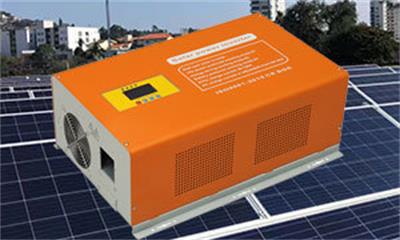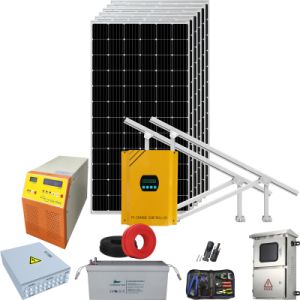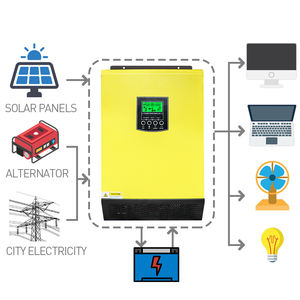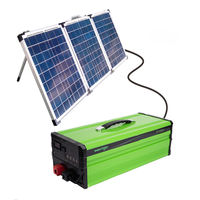The Evolution and Advancements of Hybrid Solar Inverters
The Evolution and Advancements of Hybrid Solar Inverters
Understanding Hybrid Solar Inverters
As the world gravitates towards sustainable energy solutions, hybrid solar inverters have emerged as crucial players in the renewable energy landscape. These innovative devices are designed to optimize the utilization of solar energy, combining functionalities of both traditional solar inverters and battery systems. By managing the flow of energy from solar panels and storing excess energy for later use, hybrid solar inverters present a pathway to energy independence and efficiency.

The Evolution of Solar Inverter Technologies
The journey of solar inverters began with simple string inverters, which efficiently converted DC electricity generated by solar panels into AC electricity for household use. However, as solar technology evolved, the need for more sophisticated systems that could integrate energy storage became apparent. This led to the development of hybrid inverters, capable of managing energy from multiple sources—solar panels, the grid, and batteries—simultaneously. This evolution has been transformative, enabling users to maximize their energy production and storage while decreasing dependency on external power sources.
Key Features of Hybrid Solar Inverters
Hybrid solar inverters stand out due to their multifunctionality. One of their primary features is the ability to work seamlessly with battery storage systems. By storing the energy produced during peak sunlight hours, these inverters allow consumers to use solar power during nighttime or cloudy days, significantly enhancing energy reliability. Additionally, hybrid inverters often come equipped with smart monitoring capabilities, providing real-time data on energy production, consumption, and battery status, empowering users to make informed decisions about their energy usage.

The Advantages of Utilizing Hybrid Solar Inverters
The advantages of hybrid solar inverters extend beyond energy efficiency. By facilitating the integration of energy storage, users can safeguard themselves against power outages, utilizing stored energy to power their homes when the grid fails. This feature not only enhances energy resilience but also promotes savings on electricity bills, as users can rely more on self-generated solar energy. Furthermore, with the increasing reliance on renewable energy, hybrid inverters are pivotal in the transition to a sustainable energy economy, reducing carbon footprints and environmental impact.
The Future of Hybrid Solar Inverters
As technology continues to advance, the future of hybrid solar inverters looks promising. Innovations like improved battery technologies and enhanced software algorithms are expected to further optimize the efficiency and performance of these devices. Additionally, as awareness around renewable energy grows, we can anticipate a greater shift in consumer preferences towards hybrid systems—driven by a desire for sustainability and reliability. The integration of smart grid technologies and IoT devices will also facilitate a more interconnected energy ecosystem, allowing hybrid inverters to adapt to real-time energy demands.
Conclusion: A Sustainable Energy Transition
In conclusion, the evolution of hybrid solar inverters signifies a monumental shift in how we generate, store, and consume energy. With their cutting-edge features and numerous advantages, these systems are poised to play a vital role in the global transition to renewable energy. As we move towards a more sustainable future, hybrid solar inverters not only represent technological advancements but also a commitment to creating a cleaner, greener planet.

